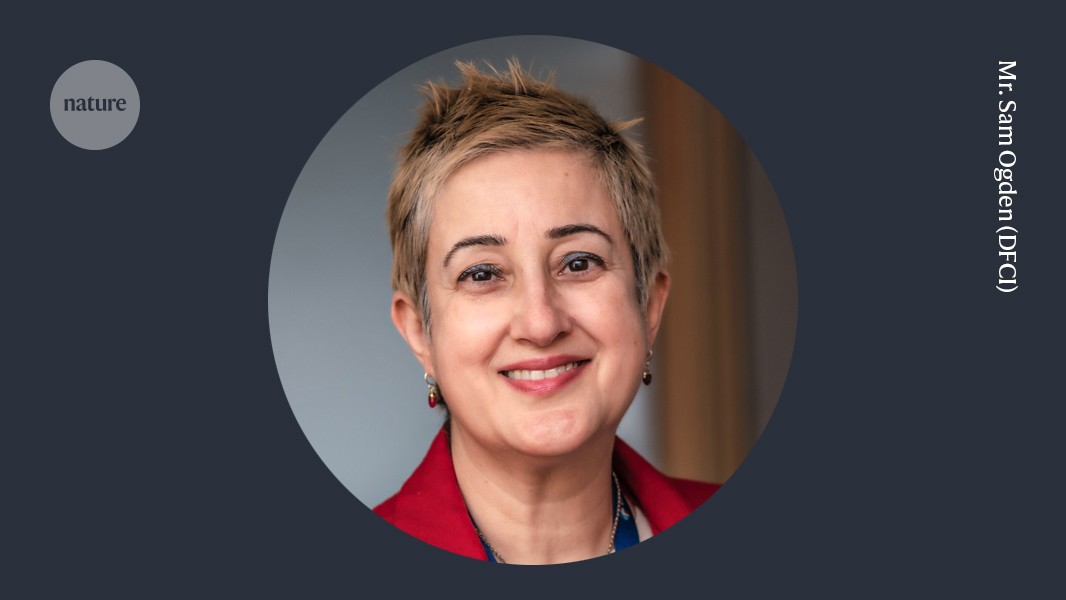Play all audios:
This month, I am in Amman, Jordan, teaching on the annual Palestine Social Medicine Course. This course, now in its second year, aims to educate educators, public-health workers, physicians
and medical students about the limitations of the biological model of medicine in settings of fragmentation, violence and dispossession. It examines the effects of conflicts and violence on
public health and human rights, emphasizing the need for resilience and commitment to these values in the face of adversity. The course is organized by the Palestine Program for Health and
Human Rights, a partnership between the François-Xavier Bagnoud Center for Health and Human Rights at Harvard University in Boston, Massachusetts, and the Institute of Community and Public
Health at Birzeit University in the West Bank. Last year, it was taught in Birzeit. It was moved to Amman this year because of escalating violence and restrictions imposed by the Israeli
military and settlers in the West Bank. I’m a Palestinian scientist building a more inclusive future Since violence escalated on 7 October 2023, many scientific and medical gatherings in the
Middle East have been postponed or cancelled. Travel to the region is difficult, because many airlines have stopped flying there. Yet the organizers felt strongly that it was important to
keep the course running, because the exchanges it enables are crucial. They provide students with access to cutting-edge knowledge and methods that help to prepare them to contribute to
science and medicine — to the benefit of society. The war in Gaza is harming thousands of people now, but will have ripple effects on all nations for decades, if not centuries, to come.
Violence and war anywhere harm us all — not just in terms of people killed and places destroyed, but in the loss of capacity for exploring solutions to problems that plague humanity. People
who are having to fight or run for their lives, or who spend their time finding shelter or trying to advocate for fundamental human rights and dignity, do not have time for wider
problem-solving. Scientists, physicians and health-care providers usually address the ills of the patient or population in front of us. Social medicine is occupied with a larger challenge:
healing the hurts of a region or population with a long history of pain. This means identifying the social determinants of health that affect the population — including, for example, sexism,
racism, economic inequality and historical, multigenerational traumas — and seeking to heal the people living under their shadow. The Taliban ‘took my life’ — scientists who fled takeover
speak out Recent history could easily make us throw up our hands in despair. In the Middle East, especially, peace seems so far away. Progress on so many fronts — social, scientific,
diplomatic — seems to be retreating while exposure to horrifying trauma increases daily. Yet the region has a rich history of medical and scientific advancements. Crucial contributions came
from ancient civilizations such as the Persian Empire, Mesopotamia and Egypt, culminating in the Islamic Golden Age from the eighth to the thirteenth century. Philosopher-scientists such as
Abū Bakr al-Rāzī (often known in the West as Razi or Rhazes), al-Zahrawi (Abulcasis) and Ibn Sina (Avicenna) shaped science and medicine in the Islamic world and Europe in ways that lasted
for centuries. ENJOYING OUR LATEST CONTENT? LOGIN OR CREATE AN ACCOUNT TO CONTINUE * Access the most recent journalism from Nature's award-winning team * Explore the latest features
& opinion covering groundbreaking research Access through your institution or Sign in or create an account Continue with Google Continue with ORCiD

